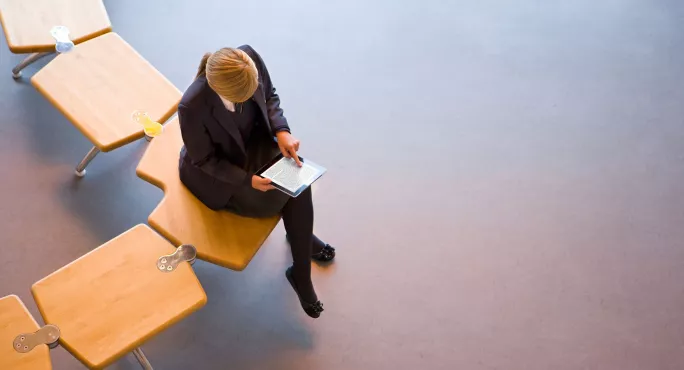Allowing pupils to attend school only between 4pm and 6pm, once their classmates have left, is a form of “unofficial exclusion”, the head of a special needs charity has said.
Adam Boddison, chief executive of Nasen, said the lack of scrutiny and accountability around the practice - dubbed “twilighting” - “concerns him greatly”.
And while some people argue that it is a way of providing education for pupils who would otherwise be excluded, he wants to see an end to such separation.
Quick read: Investigate high-excluding schools says children’s tsar
Survey: Schools ‘railroad’ vulnerable parents into off-rolling, say teachers
Need to know: Timpson Review at a glance
He said: “I can see why some schools would believe they are supporting learners by putting twilighting arrangements in place, but the truth is it is unofficial exclusion rather than a genuine form of alternative provision.
“It is not right that these learners are separated from their peers and only allowed into school after the end of the school day. Twilighting arrangements do not have the same rights of appeal for parents as an official exclusion, so there is limited opportunity for scrutiny and accountability from governors, which concerns me greatly.”
A Twitter poll, which was conducted through the Nasen account, found that of the 1,045 reponses, 6 per cent felt twilighting was a form of inclusion, 17 per cent felt it was a form of exclusion and 77 per cent had not heard of it.
Some respondents were not keen on twilighting.
But others said it could help keep learners in school.
Mr Boddison said: “My view is that the social aspect of school is equally as important as the educational content and twilighting denies learners their right to socialise with their peers at breaktimes.”
“If an alternative timetable is needed, I see no reason why this should not be accommodated during the school day.
“This Twitter poll suggests that twilighting is not happening everywhere, but however small this issue is, it needs to get smaller still.”




